Top work perks to consider for 2023 and beyond
Employers have done it tough this year, having to recruit talent in a vastly candidate-short market at the same time as battling record-high numbers of people leaving their jobs.
In the war for talent, employers are offering all sorts of work perks to sweeten the deal for prospective employees and to ensure they hold onto existing staff.
- 31% of occupations are experiencing skills shortages
- 42% increase in jobs advertised in August 2022 compared with the same time last year.
Many people had the opportunity during the pandemic to work from home and were introduced to the benefits of a flexible work lifestyle. For job seekers, improved work-life balance and greater choice of when and where work is conducted is now the most important factor for many when considering a job move.
So what work perks can employers offer to help stay on top of skills shortages? Here are some options to consider.
Dogs in the Office
A pet-friendly workplace is one option some employers have taken to entice their employees back into the office. Studies have shown that pets in the workplace can reduce stress levels and also allows employees to bring a little piece of home into the office with them. Find out why this Sydney-based employer chose to offer this benefit to their team.
The 4 day work week
This is a trend that is growing momentum locally, with at least 20 Australian companies reporting that they have started trials this year. Employees retain their full-time salaries while working 80% of the time and delivering 100% of business outcomes. After a successful trial with their New Zealand team, read about how Unilever is rolling out a trial with their Australian team in 2023.
Work anywhere, anytime
Atlassian, an Australian software company offers all employees the option to work from home or in the office every day. They can also work outside of their designated work location for up to 90 days of the year as long as they are in a compatible time zone. Whilst this level of flexibility may not be possible for all employers, it shows the extreme end of what flexible work arrangements can look like.
Rolling over annual leave
A candidate we recently placed was able to bring their existing leave balance with them into their new job. The new employer was happy to grant this allowance as it was one of the benefits that got the candidate over the line to accept the role. When candidates have been with one organisation for a long time, it can be hard to give up annual leave and long service leave allowances. This is another benefit that employers can include in their employment offering to attract talent.
Flexible working arrangements
The most obvious and powerful tool is to provide flexible work arrangements to your team. Flexibility may be the reason an employee chooses to stay with you despite the lure of higher wages elsewhere. This could include; working from home, flexible start/finish times, compressed hours, part-time work, the option to purchase extra paid leave, job sharing and more.
Health and well-being programs
Many employers are already offering 1-2 health and wellness days per year to their staff. Wellness days allow employees to focus on their physical and or mental well-being.
Subsidised private health excess
Offering support for those occasions when life throws the unexpected, one of our clients offers subsidised private health insurance excess, if their employees or their immediate family members require hospitalisation.
Memberships to organisations
Offer to pay for memberships to relevant industry organisations. Industry memberships not only provide valuable resources, networking opportunities and industry support, they also give their members a great deal of credibility.
Additional leave
Some employers offer five weeks of annual leave or more instead of four as an additional incentive. This should not affect an employee’s yearly salary.
Bonuses
Whether they are sign-on, performance-based or at the end of the financial year, a bonus is always a powerful tool to attract and retain talent.
It’s the small things
Don’t forget that small things can go a long way toward employee satisfaction. Getting staff involved in charity events, and celebrating birthdays and milestones all contribute to employee satisfaction and help to build morale. The added benefit is that many of these options could be tax-deductible expenses for your business.
What will the future of your workplace look like? It's clear that those employers that offer a flexible working lifestyle and added perks are in a great position to attract and retain the best talent.














